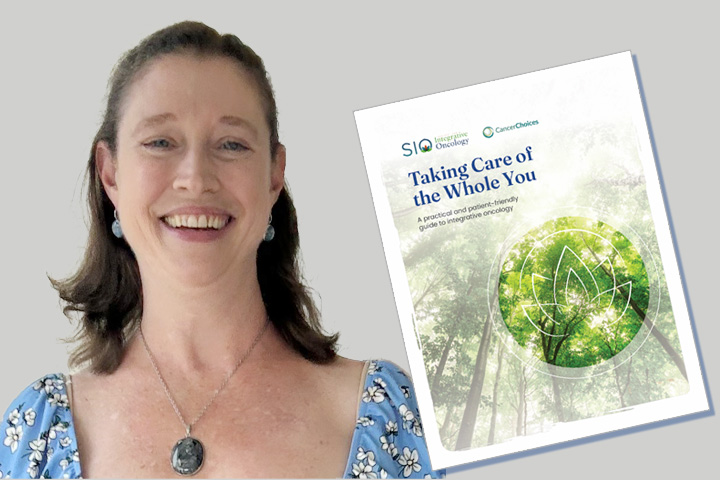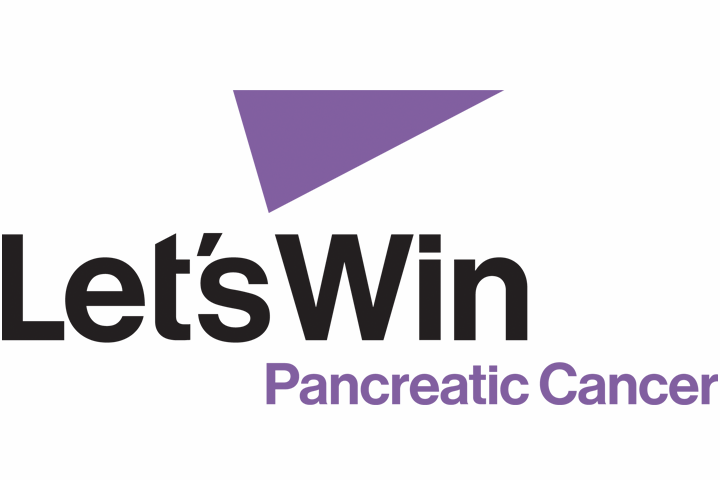Pancreatic Cancer Organizations Join in Mourning Aretha Franklin

Cecilio Ricardo, U.S. Air Force
Let’s Win! Pancreatic Cancer and the Elvin Howard, Sr. Pancreatic Cancer Advocacy Foundation (Elvin Howard, Sr. PCAF) join together in offering our heartfelt condolences to Aretha Franklin’s family, friends, and fans around the world.
The Queen of Soul was an incomparable talent as a singer, songwriter, and musician. There is no one like her, and likely will never be again.
Let’s Win works with doctors and researchers to share information about innovative treatments and clinical trials that are helping patients live longer with pancreatic cancer. Through an interactive web platform and robust social media campaigns on Facebook and Twitter, Let’s Win is reaching out to all who are affected by pancreatic cancer to bring them the latest information about this disease.
Let’s Win! Pancreatic Cancer and the Elvin Howard, Sr. PCAF have partnered to change the narrative around pancreatic cancer. Because the incidence rate of pancreatic cancer is 25 percent higher in communities of color, Let’s Win! and the Elvin Howard, Sr. PCAF are collaborating to raise awareness of this disease and reach out to communities of color, so they can recognize the symptoms as early as possible and seek the most innovative treatments. “It is important to members of the Elvin Howard, Sr. PCAF to reach communities of color with potentially lifesaving information,” said Dr. Monteic A. Sizer, National Representative of the Elvin Howard, Sr. PCAF. “Aretha Franklin’s heroic fight and subsequent death to pancreatic cancer reminds us all of just how precious life is. We are committed, along with Let’s Win, to give every American battling pancreatic cancer an opportunity to truly fight this dreaded disease.”
Aretha Franklin had a rare type of pancreatic cancer called a pancreatic neuroendocrine tumor (PNET), which is found in only about 6 percent of all pancreatic cancers. PNET has an overall five-year survival rate of about 42 percent. Survival is higher if the tumor can be removed and much lower if it cannot. However, most pancreatic cancer patients have adenocarcinoma, which has an overall five-year survival rate of 7 percent.
Although pancreatic cancer is relatively rare—only 3 percent of all cancers—it is particularly lethal. It is difficult to diagnose, with symptoms mimicking many other medical conditions. The pancreas is located deep in the body, so tumors are not easy to find by feeling the abdomen. Unlike other cancers, there is no reliable screening test.
Once it is diagnosed pancreatic cancer is difficult to treat. Only about 20 percent of patients can have surgery to remove the cancer, the most effective treatment. But for most patients, pancreatic cancer is diagnosed after it has spread. Current research is focused on better treatments and early detection.
About Let’s Win Pancreatic Cancer
Let’s Win! Pancreatic Cancer (www.letswinpc.org) is an online pancreatic cancer community where patients, caregivers, doctors, researchers can share information about the latest science-driven treatment options. The site includes an interactive patient and family forum where patients describe their treatment plans; information on promising science; highlights from the latest clinical trials; information about managing care during treatment; and current pancreatic cancer news. The Let’s Win Scientific Advisory Board is comprised of world-renowned scientists and physicians who lead cutting-edge research on pancreatic cancer. Let’s Win! Pancreatic Cancer is a 501(c)(3) organization, and is affiliated with the Lustgarten Foundation.
About the Elvin Howard, Sr. Pancreatic Cancer Advocacy Foundation
Elvin Howard, Sr. Pancreatic Cancer Advocacy Foundation (www.ElvinHowardSrPCAF.org) is a 501(c)(3) organization that is focused on the reduction of pancreatic cancer deaths and family hardship in communities of color by bringing innovative support and awareness to pancreatic cancer patients and survivors, their caregivers and families. Our vision is that pancreatic cancer will be rare, early detection will be common and those diagnosed will received timely treatment, comprehensive support, and to ultimately, be cured of the disease.





